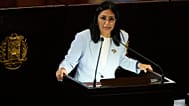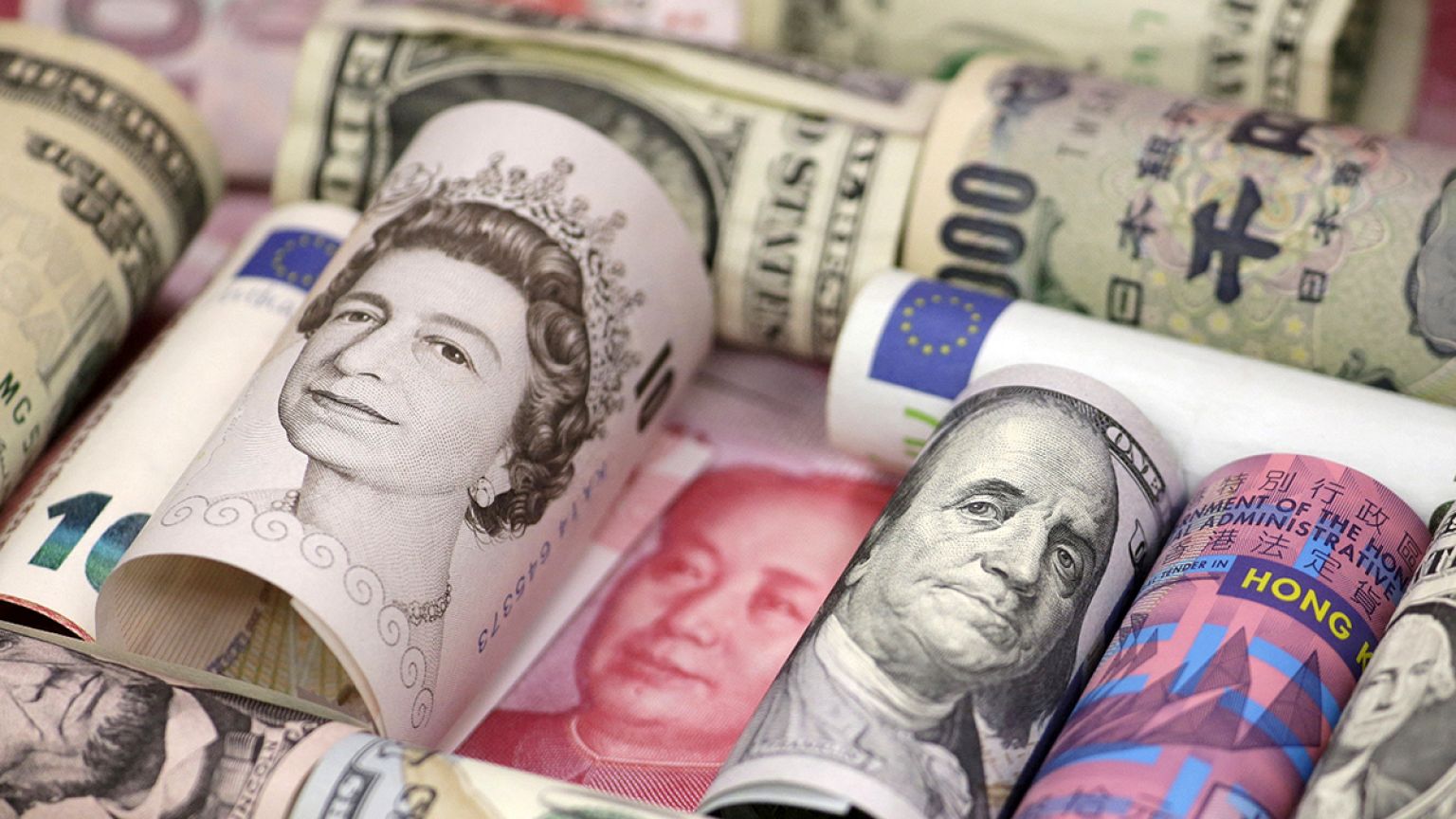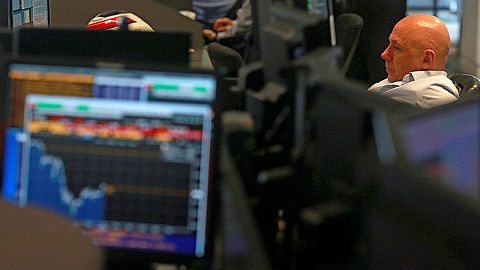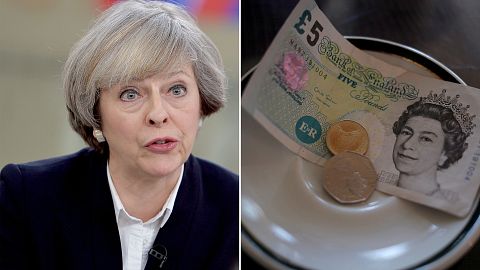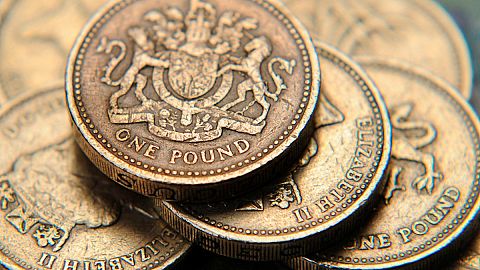The pound plunged further against other currencies on Monday ahead of Prime Minister Theresa May's speech outlining the government's plans.
The pound plunged further against other currencies on Monday from the latest Brexit worries.
On Tuesday Prime Minister Theresa May is due to give a speech outlining the government’s plans.
At one stage, sterling fell as much as 1.5 percent against the dollar and the euro, and 2.5 percent against the yen.
The pound was as low as $1.1983 in thin early Asian trade, which, barring a sudden “flash crash” in October, was its weakest against the dollar in 32 years.
How hard a Brexit?
Some fear the UK is heading towards a so-called “hard” Brexit – with London insisting on tighter immigration controls which would mean no preferential access to the European Union’s single market and customs union which would hit British exports and foreign investments.
Mike Ingram, Market Analyst with BGC Partners, explained: “It’s increasingly clear that the UK is unlikely to retain access to the European single market. That being the case, we could well be out in the cold, and the battle lines are starting to be drawn. Of course, we’ve had Chancellor Philip Hammond saying that the UK would not lie down in the event of the UK being denied single market access, raising the prospect of possibly rock-bottom tax rates, corporate tax rates, deregulation, and… effectively a trade war with the rest of the European Union.”
Let's recap the events of the past 12 hours, which saw the pound sliding below $1.20 https://t.co/prfEIjRBT0 pic.twitter.com/2ytNVcxcx0
— Bloomberg Brexit (@Brexit) January 16, 2017
Trade war hints from Hammond
Hints of a trade war, or of Britain being turned into a tax haven, from finance minister Hammond, are enough to spook investors.
“If we have no access to the European market, if we are closed off, if Britain were to leave the European Union without an agreement on market access, then we could suffer from economic damage at least in the short term,” Hammond said on Sunday. “In this case, we could be forced to change our economic model.”
However, he added that Britain did not want to close its doors completely to EU citizens who wanted to work in the UK.
Access vs. immigration
However, the consequences for the UK’s economy does not seem to worry those who voted for the UK to leave the European Union such as in the heavily ‘pro-Brexit’ Essex town of Romford where market trader Tony Geary said: “I think it could happen a little bit quicker, it was in June that the public decided that we wanted to get out of Europe, however there are a lot of things to do and Theresa May now needs to sort of get her finger on the button and make sure everything is in place so by the end of this financial year she is in a position to make things happen.”
By contrast, in the City of London, the UK’s main financial district, most workers want to continue to have access to the single market and have free movement of labour which they say is necessary for the economy.
City worker Richard Knights said: “So I work in a very multi-cultural company, it’s part of my work, it’s part of my life here in London and trying to roll back and trying to somehow return to a state where this isn’t happening is going to take a lot of time; it’s going to cost a lot of money and I don’t think anybody has really realised the true problems that are going to start happening yet.”
A number of economists are forecasting further volatility for the pound, linked to upcoming inflation figures and a court ruling on whether Britain’s prime minister or Parliament has the final say on the Brexit.
Many analysts believe sterling will fall even further against the dollar and other currencies in the weeks and months ahead.



